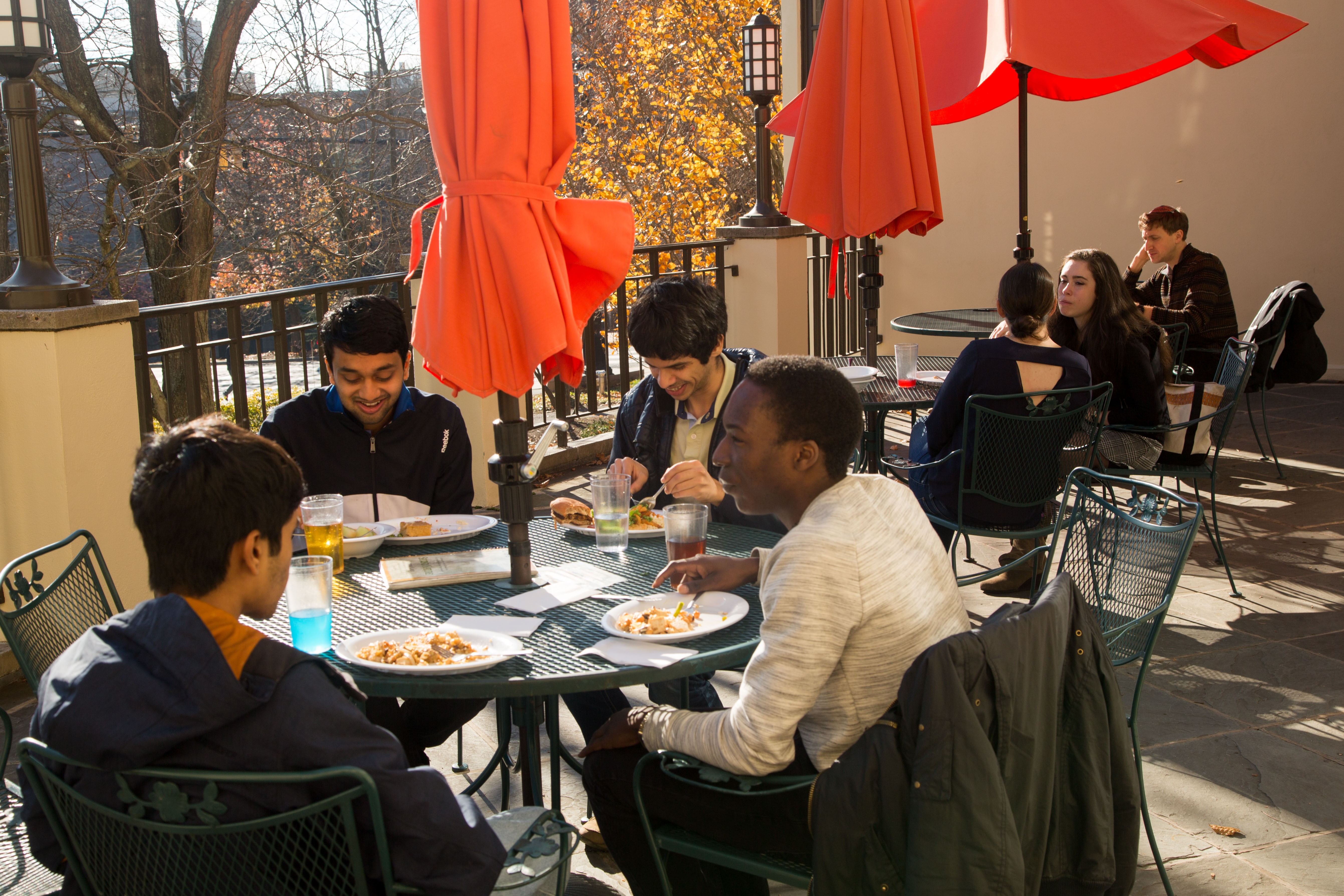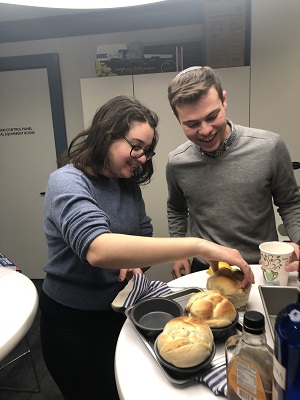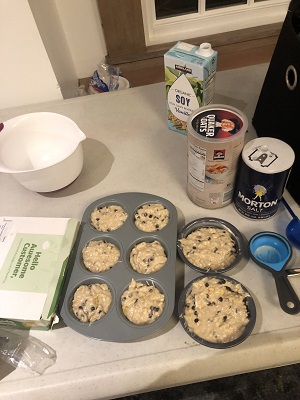This past semester, I participated in my second Jewish Learning Fellowship (JLF) through the Center for Jewish Life (CJL). The fellowship was called Let Our People Go: Mass Incarceration, Liberation, and the Passover Story, and it was taught by Rabbi Julie Roth of the CJL and Professor Udi Ofer of the Princeton School of Public and International Affairs.
Professor Ofer is the Deputy National Political Director and Director of the Justice Division at the ACLU, and he has spent his career advocating for criminal justice reform. It was amazing to get to learn about the inequities built into the American mass incarceration system from such an experienced leader in this important area of public policy.
During the fellowship, we discussed the purpose of the criminal justice system, the history of mass incarceration, the role of race, alternatives to mass incarceration, and much more. I hadn’t learned much about criminal justice beforehand, so the fellowship was a real wake-up call to the enormous scale and rampant racism of modern mass incarceration. We then juxtaposed these topics with the Passover story’s themes of suffering and freedom. Rabbi Julie led us in guided readings of the Passover story that made us think about slavery and incarceration in a whole new light.
Originally, we were supposed to plan and lead a Passover seder based on what we learned during the fellowship. Because of the pandemic, our plans shifted, but we were still able to complete a meaningful final project. We worked in small groups to create a supplement to the Haggadah, the story read at the seder, with text from the Passover story alongside discussion question that related to mass incarceration and criminal justice.
My knowledge about both mass incarceration and Passover grew as a result of this fellowship. The intersection of the two themes was an important reminder of the commitment to social justice ingrained into the Jewish faith. As the problems within the criminal justice system have exploded into the spotlight lately as the result of the recent killings of Ahmaud Arbery, Breonna Taylor, George Floyd and other Black Americans, I am grateful to have had the opportunity to discuss these topics with passionate students and dedicated experts during the fellowship.
I am also proud to see the CJL stepping up in this moment to further demonstrate their belief in social justice. Koach, the group of Jewish students in the conservative denomination, ran a successful fundraiser for the NAACP Legal Defense and Education Fund. The CJL began a reading group dedicated to books about racism. My favorite Jewish principle is tikkun olam, which means to repair the world. Recent CJL activities, including my JLF program, demonstrate that principle by showing students the importance of dedicating oneself to learning about the problems in society and advocating for equality and change.









